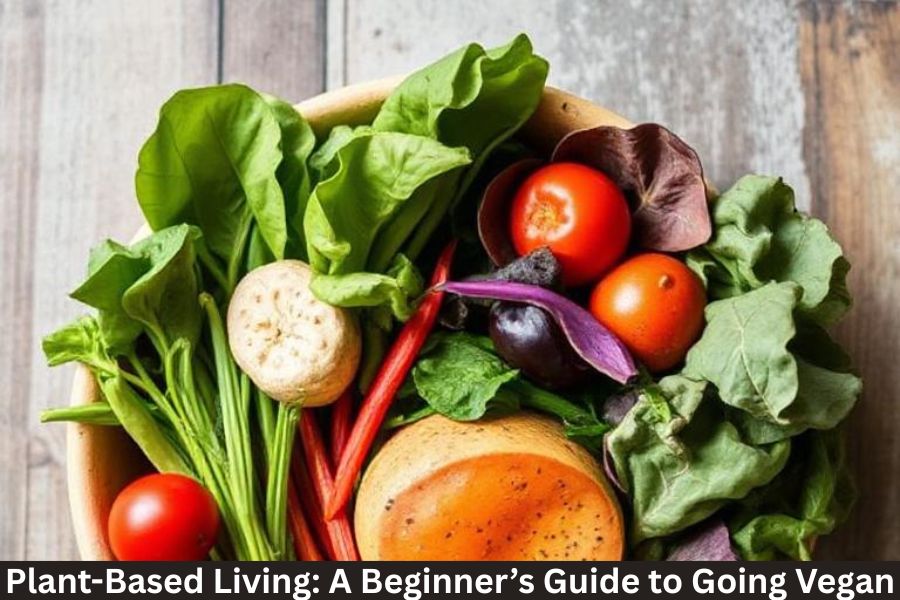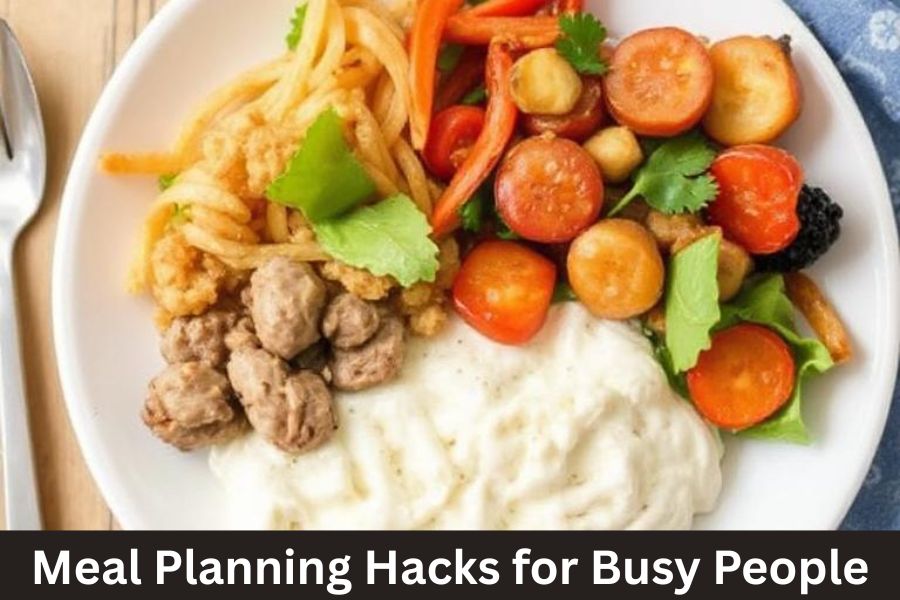Whether you’re motivated by health, animal welfare, or environmental sustainability, going vegan is a powerful lifestyle shift that benefits both you and the planet. But making the transition to a plant-based lifestyle can feel overwhelming at first—especially if you’re used to meat- and dairy-heavy meals.
This beginner’s guide breaks down everything you need to know about plant-based living, from what to eat to how to handle social situations, helping you make the shift with confidence and clarity.
What Does It Mean to Go Vegan?
Veganism is more than a diet—it’s a lifestyle. It involves avoiding all animal products, including:
- Meat (beef, poultry, pork, etc.)
- Dairy (milk, cheese, butter, etc.)
- Eggs
- Honey
- Animal-derived ingredients (gelatin, casein, etc.)
A plant-based diet, on the other hand, focuses primarily on whole plant foods but may allow occasional animal products. Many people use the term “plant-based” to describe a flexible or health-focused approach to veganism.
Why Go Vegan? Top Reasons People Make the Switch
Health Benefits
- Lower cholesterol and blood pressure
- Reduced risk of heart disease, type 2 diabetes, and some cancers
- Healthier body weight and improved digestion
Animal Welfare
- Avoid contributing to factory farming
- Reduce harm to sentient beings
- Align with ethical values
Environmental Impact
- Significantly lower carbon footprint
- Conserves water and land resources
- Reduces pollution from animal agriculture
What Do Vegans Eat? A Basic Breakdown
You’ll be amazed by the variety of delicious, plant-based options:
Fruits and Vegetables
Fresh, frozen, steamed, grilled, or raw—packed with nutrients and fiber
Whole Grains
Brown rice, oats, quinoa, whole wheat pasta, barley
Legumes
Beans, lentils, chickpeas, peas—great sources of protein and iron
Nuts and Seeds
Almonds, chia seeds, flaxseeds, sunflower seeds—offer healthy fats and protein
Plant-Based Alternatives
Tofu, tempeh, seitan, plant-based milks, vegan cheese, dairy-free yogurts
Meat Substitutes (optional)
Beyond Meat, Impossible Burger, jackfruit, mushroom patties
How to Start Going Vegan (Without the Overwhelm)
1. Start Slow with a Transition Plan
You don’t have to go vegan overnight. Try:
- Meatless Mondays
- Swapping dairy milk for almond or oat milk
- Replacing one meal a day with a plant-based option
Gradual changes = sustainable success.
2. Stock Your Vegan Pantry
Essentials to always have on hand:
- Canned beans, lentils, and tomatoes
- Whole grains (rice, quinoa, oats)
- Plant-based milk
- Nutritional yeast (for cheesy flavor)
- Spices, herbs, soy sauce, tahini
- Fresh/frozen veggies and fruits
3. Learn a Few Go-To Recipes
Start with easy, budget-friendly meals:
- Chickpea salad sandwiches
- Lentil or black bean chili
- Stir-fried tofu and veggies
- Vegan tacos or burrito bowls
- Oatmeal with fruit and nut butter
4. Educate Yourself on Nutritional Needs
Key nutrients to focus on:
- Protein – beans, lentils, tofu, tempeh, quinoa
- Iron – spinach, legumes, fortified cereals (pair with Vitamin C)
- Vitamin B12 – take a supplement or eat fortified foods
- Omega-3s – flaxseeds, chia seeds, walnuts
- Calcium – fortified plant milks, tofu, leafy greens
5. Make Dining Out Easier
Look for vegan-friendly restaurants or menus. Ask questions like:
- “Does this dish contain any dairy or eggs?”
- “Can I get this with tofu or veggies instead of meat?”
Many cuisines like Thai, Indian, Mexican, and Mediterranean offer natural vegan options.
6. Navigate Social Situations Gracefully
- Let hosts know ahead of time that you’re plant-based
- Offer to bring a dish everyone can enjoy
- Stay confident and polite—your lifestyle choice is valid!
Common Myths About Going Vegan
“You won’t get enough protein.”
Reality: Most plant-based eaters get plenty from legumes, grains, tofu, and nuts.
“It’s too expensive.”
Reality: Staples like beans, rice, and veggies are often cheaper than meat.
“It’s all salads and tofu.”
Reality: Vegan cuisine is diverse, flavorful, and satisfying.
Tips to Stay Consistent on Your Vegan Journey
- Meal prep on Sundays to stay prepared
- Follow vegan creators for inspiration and recipes
- Watch documentaries like Forks Over Knives, The Game Changers, or Cowspiracy
- Join vegan communities online or locally
- Remind yourself why you started
FAQs
Q1: Can kids and pregnant women go vegan?
Yes—with proper planning. Work with a healthcare provider or registered dietitian to meet nutrient needs.
Q2: Will I lose weight on a vegan diet?
Many people do—but it depends on food choices. Whole foods support healthy weight loss more than vegan junk food.
Q3: Is veganism hard to maintain long-term?
Not if you enjoy your food, plan ahead, and stay connected to your “why.”
Q4: Do I need to take supplements?
Yes, especially B12. Some also take D3, iron, or omega-3 depending on their needs.
Q5: Can I eat out or travel as a vegan?
Absolutely. Most cities have vegan options, and apps like HappyCow make it easier than ever.



